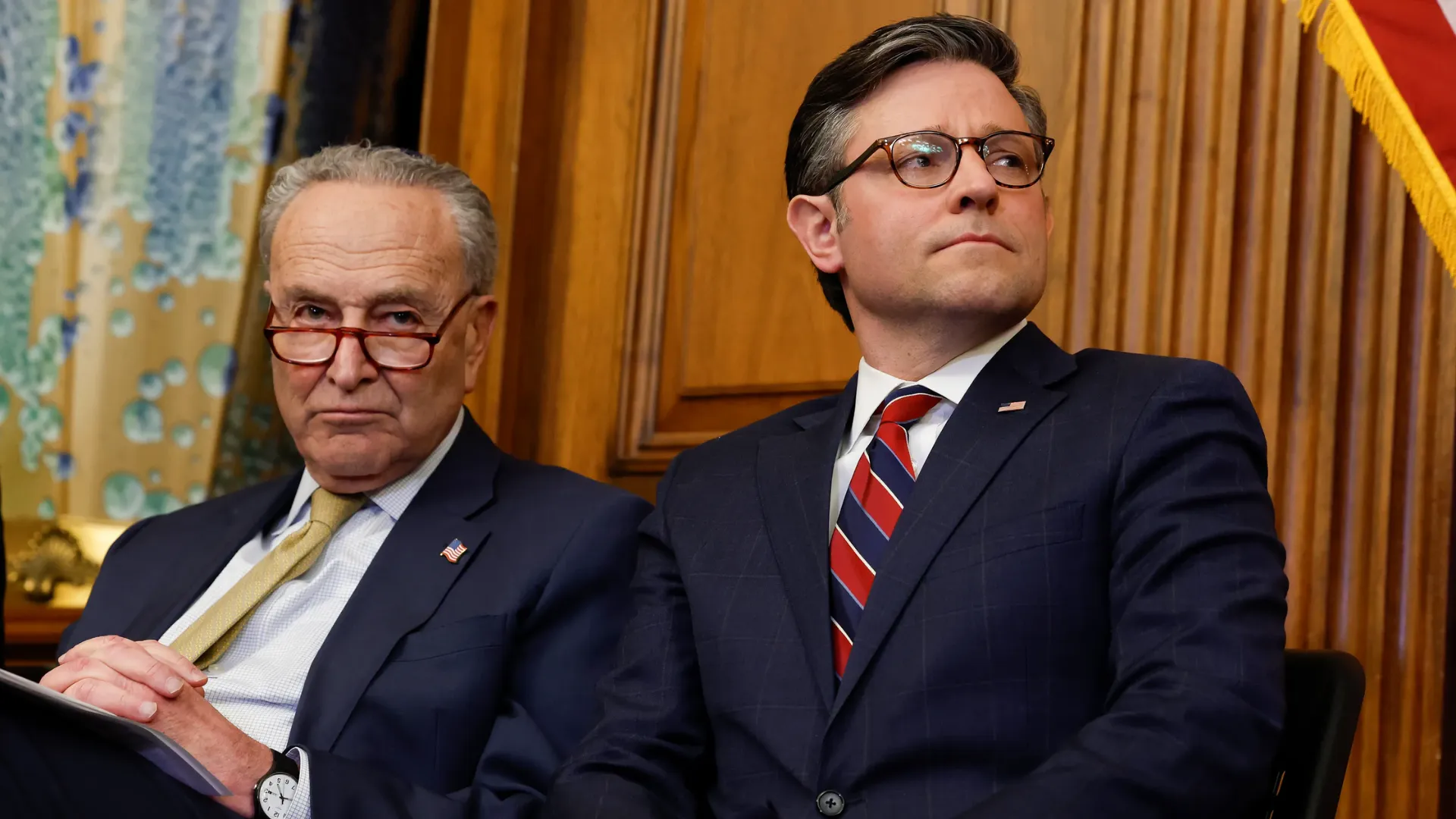
President-elect Donald Trump’s plans to tighten immigration policies and initiate large-scale deportations are already causing significant anxiety across America. Although these policies have not yet been finalized, their potential effects are being felt in communities and industries nationwide.
Sam Sanchez, a Chicago restaurateur and member of the American Business Immigration Coalition, recently observed the chilling impact of these proposals in Chicago’s Little Village, known as the “Mexico of the Midwest.”
Sanchez noted that some restaurants in the area reported a 50% drop in sales, attributing it to fear within the immigrant community. "People are afraid of walking the streets right now," Sanchez said. "Employees are worried about whether they should go to work, and without employees, businesses may close. This is just one industry; millions of undocumented individuals are working across various sectors."
There are an estimated 10.5 million undocumented immigrants in the U.S., with around 8.5 million employed, according to the University of California-Davis Global Migration Center. Many are integral to industries like agriculture, hospitality, construction, and healthcare, which could face severe labor shortages if deportations proceed.
Economist Giovanni Peri warned that removing these workers would shrink labor supplies, slowing economic growth and potentially forcing businesses to shut down. “Critical industries would suffer,” Peri said, “and ripple effects could lead to slower growth and higher costs.”

Farm labor is especially vulnerable, with advocacy group Farmworker Justice estimating that mass deportations could slash the agricultural workforce by half, resulting in food waste and endangering national food security.
“Farmworkers are the backbone of the U.S. food system,” CEO Ron Estrada explained, adding that most foreign-born farmworkers have been in the country for over a decade. Without pathways to citizenship or permanent visas for year-round agricultural work, labor shortages could worsen, driving up grocery prices.
Economists have dismissed the notion that deportations would lower costs for American families. While fewer people might reduce demand, the lack of workers would have a far greater impact, leading to production slowdowns and price increases.
Estrada pointed out that few Americans are willing to take on farm labor jobs. A 2011 study by the North Carolina Growers Association found that only 7 out of 6,500 native applicants lasted through a harvest season.
The restaurant industry is another sector where labor shortages could escalate. During the pandemic, businesses struggled to operate due to a lack of workers.
Sanchez recalled that many restaurants could only open for two or three days a week, relying heavily on undocumented workers who were not eligible for unemployment benefits. "We know these individuals are working and paying taxes. They’ve been contributing for decades," he said.

Some immigrants remain hopeful for legislative reform, believing that Trump’s administration might achieve a pathway to citizenship that the Biden administration could not. However, concerns about mass deportations persist, especially for individuals like Joanne Eriaku, a Ugandan asylum seeker who has lived in the U.S. for seven years.
A single mother and business owner, Eriaku fears for her children’s future, particularly as her son approaches adulthood and will need to apply for asylum independently. “I want him to finish school and stand on his own,” she said. “I don’t think he could survive being sent back to Uganda.”
The Congressional Budget Office (CBO) recently reported strong net immigration numbers for 2022 and 2023, which contributed to economic growth and eased labor shortages. Economists have warned that reducing immigration or implementing mass deportations would tighten labor markets, particularly for low-skilled jobs.
While Trump's campaign promises include large-scale deportations, analysts like economist Joe Brusuelas suggest that the complexity and expense of such actions may lead to limited results, followed by declarations of victory on less impactful measures.
A Trump transition team spokesperson stated that the administration would "marshal every federal and state power necessary" to execute these plans.
Yet, the uncertainty surrounding such proposals continues to foster fear and anxiety in communities across the nation, underscoring the need for careful consideration of their broader economic and social implications.



